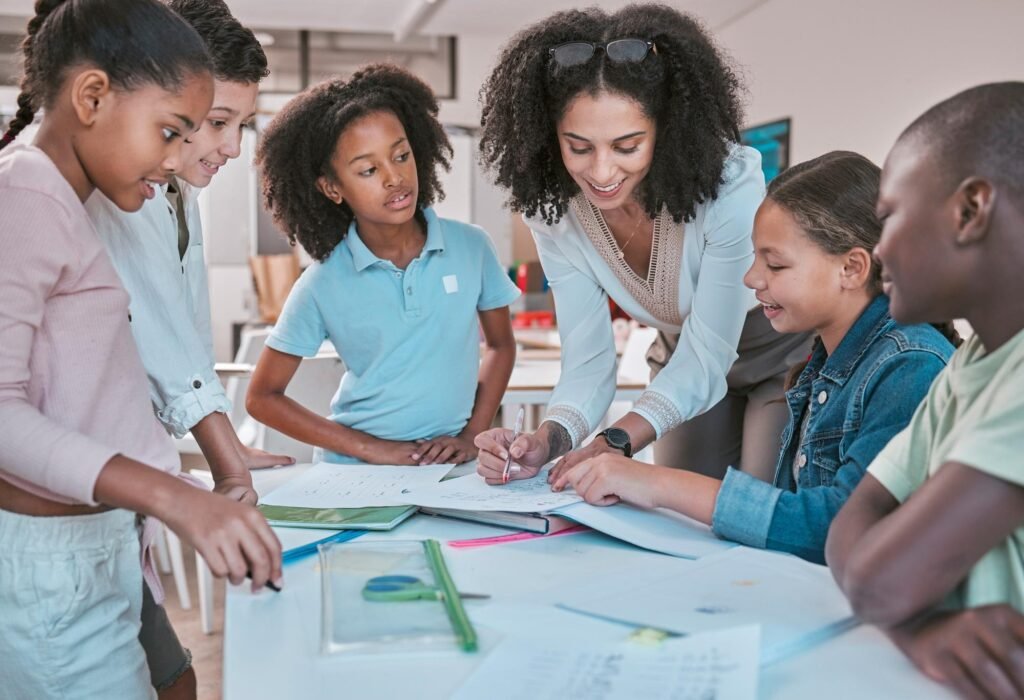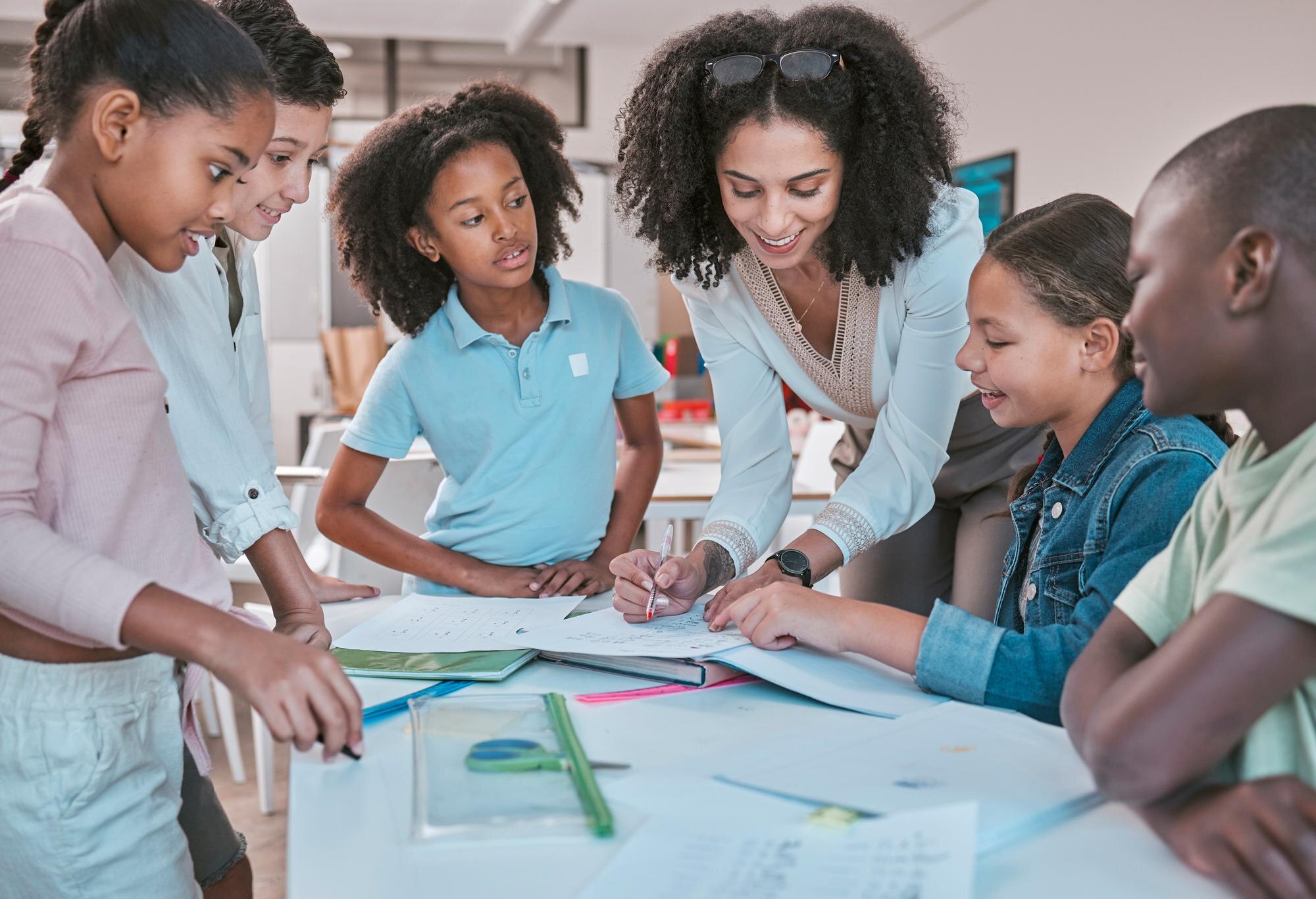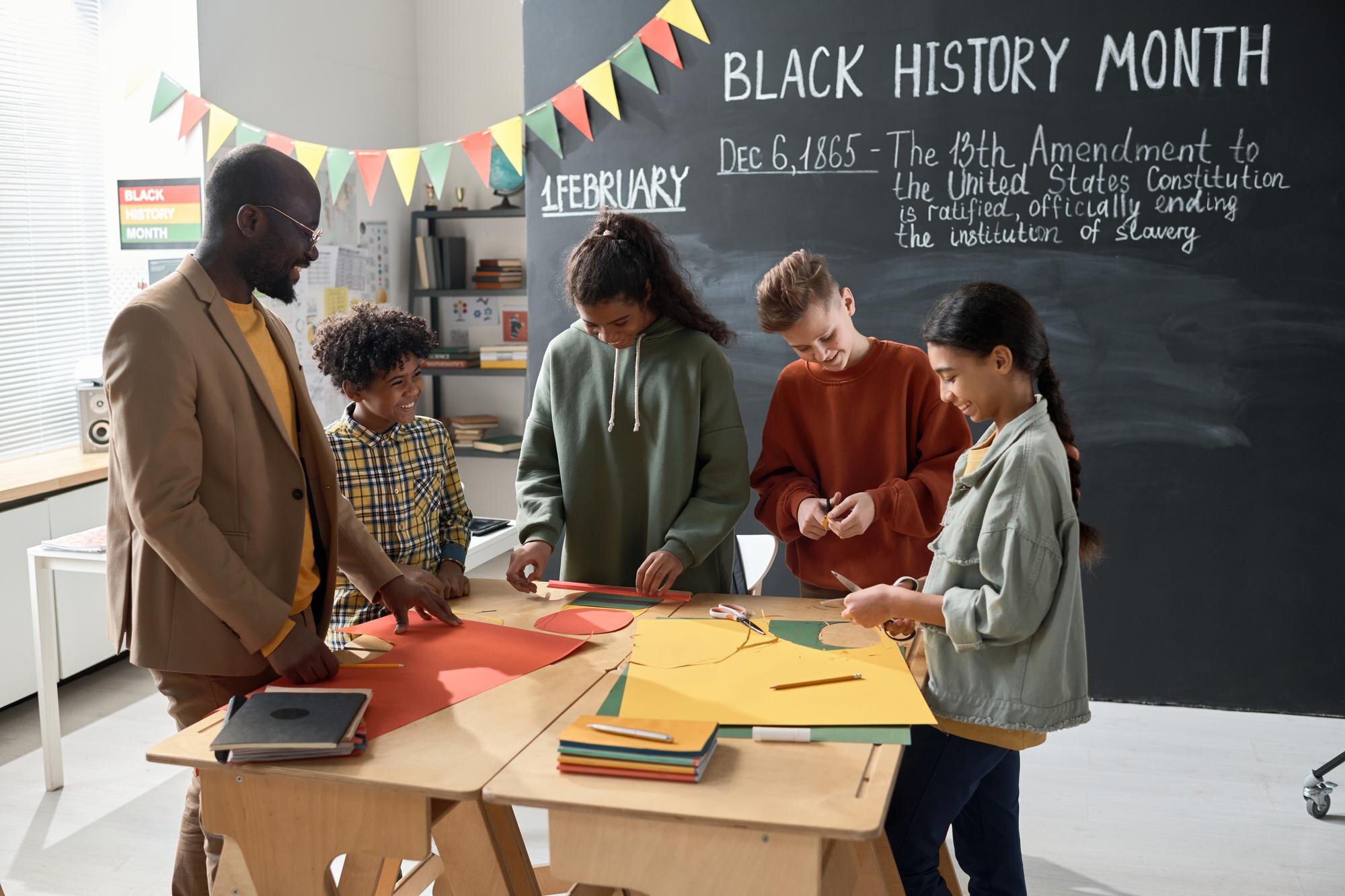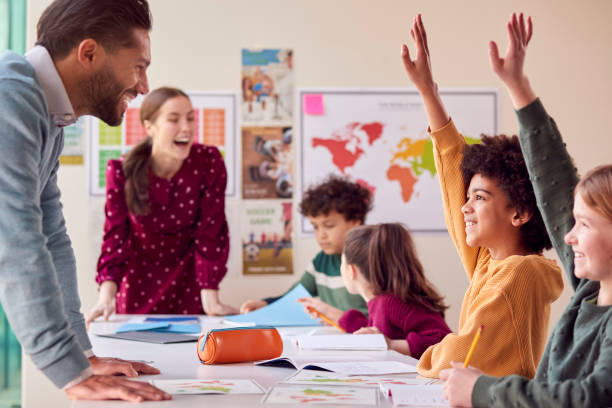
Empowering Gifted Students: Strategies to Foster Resilience and Confidence in the Classroom
Teaching gifted students brings unique challenges. You know these bright minds can struggle with perfectionism and anxiety, and it’s your mission to help them thrive. But how do you build resilience and confidence in the classroom? We’ll explore practical educator strategies that nurture emotional support for gifted students. Learn how you can transform their learning environment into a haven of growth and empowerment. Ready to take the next step? Explore techniques that make a real difference and check out this resource for more insights.
Building Resilience in Gifted Students

Building resilience in gifted students is essential for their overall well-being and success. By fostering resilience, we help students handle setbacks and approach challenges with a positive attitude. This section focuses on creating environments and mindsets that support resilience in gifted learners.
Creating a Safe Learning Environment
A safe learning environment is crucial for gifted students to thrive. It allows them to explore their abilities without fear of judgment or failure. Creating such an environment involves establishing trust and openness.
Encourage Open Dialogue: Foster an atmosphere where students feel comfortable expressing their thoughts and emotions.
Promote Inclusivity: Celebrate diversity and ensure that all students feel valued and respected.
Set Clear Expectations: Establish guidelines that provide security and predictability.
Real-world example: At a local school, teachers implemented a “safe space” policy, leading to increased student participation and decreased anxiety.
Visit NAGC for more on creating nurturing environments.
Encouraging Growth Mindset
A growth mindset is the belief that abilities and intelligence can be developed through effort and learning. For gifted students, this mindset is vital as it shifts the focus from innate talent to persistence and learning.
Embrace Challenges: Teach students that challenges are opportunities to learn and grow.
Learn from Criticism: Encourage viewing feedback as a tool for improvement.
Celebrate Effort: Focus on the learning process rather than just the outcome.
Case study: Some schools have integrated growth mindset workshops, resulting in improved academic performances and student engagement.
Explore more at Gifted Challenges.
Confidence Building Techniques

Confidence is a key component of student success. Gifted students often face unique challenges that can impact their self-esteem. This section explores strategies that educators can use to boost confidence in gifted learners.
Celebrating Small Wins
Celebrating small wins helps build confidence by acknowledging progress and motivating continued effort.
Recognize Daily Achievements: Highlight everyday successes to boost morale.
Set Achievable Goals: Break larger tasks into smaller, manageable objectives.
Create a Success Journal: Encourage students to document their accomplishments.
Example: A school noticed increased student confidence when teachers began acknowledging minor achievements in daily class activities.
Refer to Genie Academy for additional techniques.
Offering Constructive Feedback
Constructive feedback is essential for growth and confidence. It should be specific, actionable, and supportive, guiding students toward improvement.
Be Specific: Clearly identify areas of improvement and strengths.
Encourage Self-reflection: Prompt students to assess their own work.
Maintain Positivity: Frame feedback in a way that encourages and motivates.
Insight: Research indicates that students who receive positive, constructive feedback show higher levels of self-esteem and academic achievement.
Check ESCCO for more insights on feedback methods.
Emotional Support Strategies

Emotional support is vital for gifted students as they navigate their educational journey. This section highlights strategies that help nurture emotional intelligence and foster meaningful peer connections.
Nurturing Emotional Intelligence
Emotional intelligence involves recognizing and managing one’s own emotions and empathizing with others. For gifted students, developing this skill can enhance both personal and social success.
Teach Emotion Recognition: Use activities that help students identify and label emotions.
Practice Empathy: Encourage students to consider others’ perspectives and feelings.
Develop Coping Strategies: Equip students with tools to manage stress and emotions effectively.
Case study: Schools incorporating emotional intelligence programs report improved social interactions and reduced behavioral issues.
Find more at Gifted Challenges.
Fostering Peer Connections
Peer connections provide social support and enhance learning experiences for gifted students. Building meaningful relationships can boost confidence and well-being.
Organize Group Activities: Encourage collaboration through group projects and extracurricular activities.
Promote Peer Mentoring: Pair students with older peers for guidance and support.
Facilitate Social Clubs: Create clubs that align with students’ interests to foster connections.
Example: A school established a peer mentoring program, leading to stronger student bonds and improved social skills.
Learn more about fostering connections at Genie Academy.
🌟 Join our educational workshops for more insights! 🌟

A certified Heal Your Life® Coach with 20+ years in education and emotional development. Supports gifted teens in navigating anxiety, perfectionism, and identity challenges, while equipping parents with practical tools for lasting transformation. Sessions blend emotional healing, mindset mastery, and strategic empowerment.



